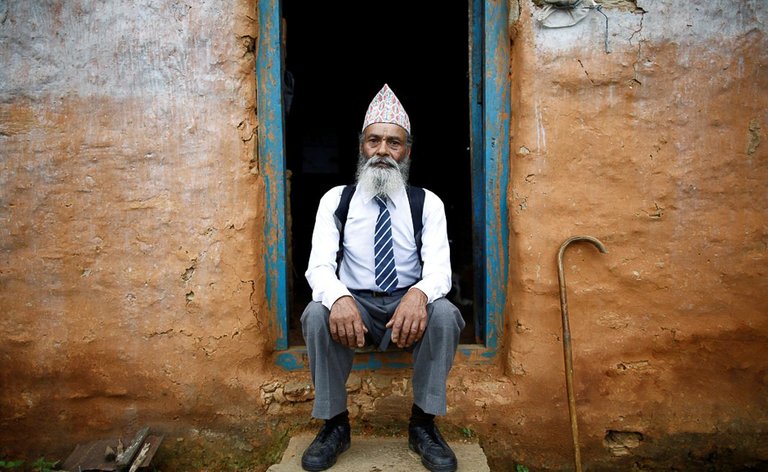One out of ten. The other nine slump into my house because their parents send them, and they lie about practicing. When I put the sheet music up, they squint at it, unsure where to put their hands on the keyboard. “I’m so busy! I’m not like you. I have a lot to do.”

No one else’s life is ever real, is it? Especially the life that belongs to the wispy-haired piano teacher with the bad apartment and the good Baldwin. That life is a soap bubble until the tenth student comes in, the fifteen-year-old with the long hands that are constantly moving. “There has to be a way to make a crescendo at the da capo,” the tenth student says. “Isn’t that what I want?”
Stupid people imagine that the living dream of music is happy. They have never looked at the tenth student’s trembling mouth, just on the brink of an expression. Exultation is exhausting.
The tenth student isn’t here to learn how to play. The tenth student knows everything about playing. I teach the tenth student what the music can bring: our ruination. The music wants to bore into the heart of the universe, find the black, hot, embracing core, and bring it back for the rest of us. The music wants to expand our soul until they shatter. This is the reason I’ve torn my nails to shreds by the time the tenth student comes for the weekly lesson, even though the tenth student arrives early, a personality trait. The tenth student comes early, pays up, and when the tenth student plays I brace myself and then still flinch, because the fulfillment of beauty is always shocking.
My tax return lists me as a music teacher, but the truth is that I listen for my living. I’ve heard everything whispered outside my apartment – jokes, the gasp, the shushed repetitions. Language is as flipper-footed as a seal, and it allows us only to say a few blunt things over and over, so I have learned not to say love or beauty or special. I barely say talent. One student was taken away from me just as the student began to approach rapture, a word I was idiot enough to use.
The world is poorer now, and the student is in Florida, enrolled in college program that teaches hospitality.
I don’t claim to be the only one who can listen. Often the parents of students one through nine make a point of coming to the lessons and listening to every word I say, glaring. Help yourself to coffee or water, “I say, “The bathroom’s right down there.”
“I’m fine,” says the glowering parent, not about to leave to defenseless child with a teacher who talks about rapture.
Students one through nine mostly hear what they’re told to hear, though every once in a while, when the seasons are changing and the air tilts, they sometimes hear the edge of something new. They change their posture and shift unhappily on the piano bench; who ever said that we want to hear a thing we never heard before? “That,” I say. “Play that.” They are one through nine. Usually they stop playing well before they come close to the sharp moment, quick as a pin that stops their breath. I’m the one who hears it.
After they leave, one through ten, I play, and cats run away. Students scuffle outside my house, standing at the window and straining to hear. I don’t care when one through nine are there; they think I sound perfect, which is depressing, or that I sound just like them, which is also depressing and closer to true. I play so the tenth student can hear me.
The music I make is bricks tumbling down metal staircase, a fork tine screed over glass. It is a concrete block heaved over the edge of a rowboat, slamming a still-breathing body to the bottom of a lake. It is the entire sparkling universe snapped in two, like an LP over the knee of a piano teacher.
I play every night.
CREDIT: ERIN MCGRAW